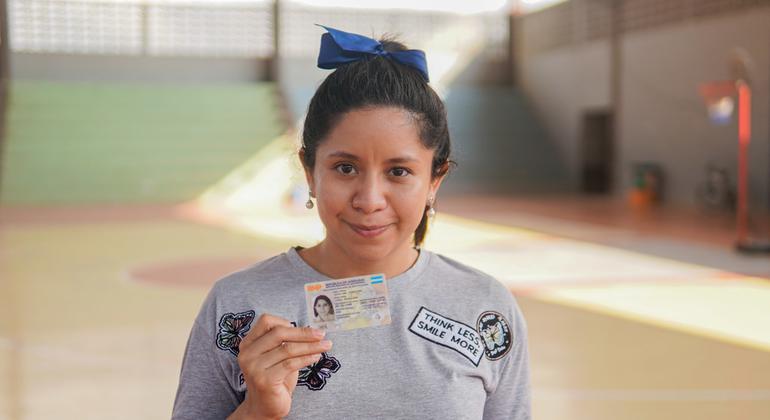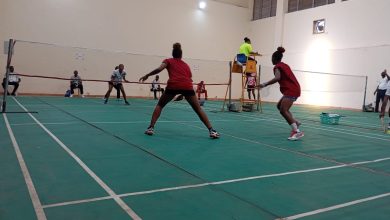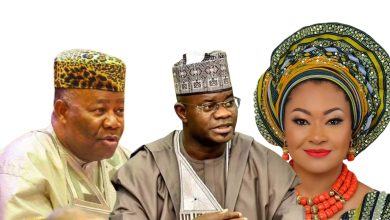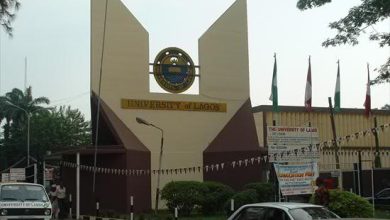Revealing who you are: addressing the plight of those without legal identity

Percy Santos, a blind college student in Honduras, recently received his digital ID card from the government. “The new ID is perfect for people like me. This is personal fulfillment. I feel better,” he said.
Mr. Santos is one of the 5.4 million people registered in the new population database in Honduras, set up with the help of the UN Legal Identity Project in the country, with a special focus on indigenous people, LGBTQI +, minorities and people with disabilities. Thanks to the digital card, you have easy access to social benefits.
As well as making life easier for people like Mr. Santos, the new system has also helped the Honduran authorities to create a more robust electoral database, significantly improving the electoral system in the 2021 elections, and helping to reduce tension in the electoral system.
The chances to succeed in life without legal recognition are very small. It is very difficult to get a job in a regular economy, and it is unlikely to benefit from social security or basic health care programs during epidemics like COVID-19, or during times of conflict or weather emergencies, will be ignored. Lack of legal recognition can affect insurance, pension, or even basic utility services like water, telephone, and gas connection.
The Honduras project is one example of the ways the UN is helping countries in their efforts to develop national population registries, national ID systems, or digital ID systems.
Sierra Leone: identify those displaced by conflict
In Sierra Leone, years of armed conflict, and the widespread human rights abuses associated with it, led to significant levels of internal displacement, and statelessness.
The UN Development Program (UNDP) and partners are helping authorities to integrate displaced, stateless people, so that undocumented people can obtain a National Identification Number (NIN).
This means they can get a driver’s license, apply for a formal job and, most importantly, have legal recognition. For the government, it means keeping track of tax revenues, reducing corruption, proper checks and balances, and increased security.
Thanks to these efforts, Sierra Leone now has a digital record of six million previously undocumented people.
Zambia: Big increase in registered births
The UN has been a key partner in making registration more accessible in Zambia, helping the government to install a unified and digital national registration system that covers Zambians from birth to death, in the different regions of the country. The same legal identity works to vaccinate, as well as enroll children in school.
As a result, Zambia has seen birth registration increase from 14.3 percent to 84 percent as of 2022.
“In addition to providing legal recognition from birth to death and its contribution to the maintenance of internal security, the integrated national registration system will provide reliable and timely statistics for program packages and the provision of targeted services of social services to relevant population groups,” Jacob Jack Mwiimbu, Zambia’s Minister of Home Affairs and Security.
Mozambique: ‘Earth-breaking initiative’
Mozambique, which has low levels of civil registration – 12.1 percent of deaths and 49 percent of births are registered – is one of the United Nations’ Agenda pilot countries.
As part of the project to improve the registration and national identity database, the UN country team developed a plan to improve these statistics, and create systems for civil registration, vital statistics, and identity management. .
The project has been praised by the highest UN official in Mozambique, Myrta Kaulard. “The Legal Recognition Act is an initiative of the land, to benefit from immigration and guarantee rights for those who are in the country,” said Mrs. Kaulard.








